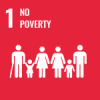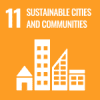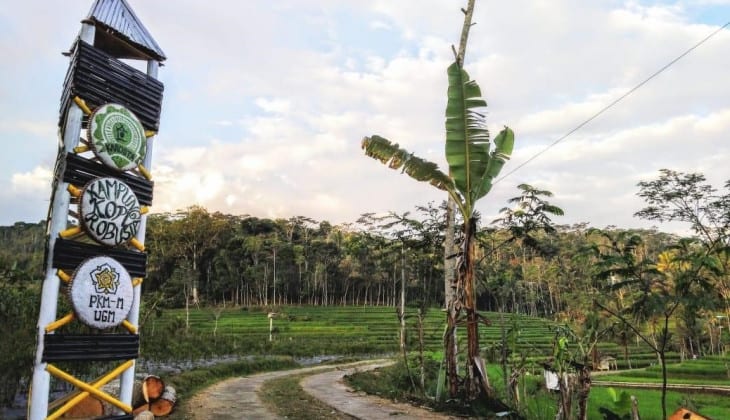The city of Temanggung in Central Java was formerly known for its tobacco production. But now Temanggung has been newly recognized as the city of coffee.
There are two coffee types being grown in the city, Arabica and Robusta. One of the places that produce coffee is Ngemplak village in Kandangan district.
“In this village robusta coffee is popular, and almost everyone grows it,” said Thomas Wardana, a student from UGM Faculty of Philosophy class of 2017.
According to Thomas, the rich natural potential in the village could attract tourism. If developed further, it can contribute to the welfare of the people.
“Indeed, farmers here often complain, during the harvest and excessive production period, the price would jump down. It’s unfortunate, the production of coffee here is still simple, they are picked, dried in the sun and then sold, sometimes they are only sold in their original form” he said at UGM on Wednesday (19/6).
Responding to the matter, through the Student Creativity Program, Thomas Wardana and fellow students, Dian Hafiizh Rachmawati, Dwi Rahmasari Fatmawati, Tubagus Laka Atrinda Wibawa, and Yesi Noviatun found a solution to turn coffee into a more valuable product. Under the guidance of Dr. Ngurah Weda Sahadewa, they offered an alternative to community empowerment through tourism. One of the activities they did was to make use of Robusta coffee to support the concept of agrotourism of the village called KAROSTA.
“The program was done in Gedongan, a hamlet in the village, as a foundation to a sustainable tourism village. This project is finally funded by the Higher Education Directorate General,” he said.
He explained in this program, coffee plantation was turned into a coffee-based home industry so that after harvest and price decrease, the people were able to make the coffee into drinks and snacks such as chips, crackers, fritters, nuggets, Thai coffee drinks, etc. The plantation could also be used for agrotourism.
Thomas explained besides improving the economy, the agrotourism would add to the philosophy and local wisdom. The village is an internet-free zone where the internet is not allowed to be used. Through these ways, it is expected to support a culture of communication and direct human interaction with people and the nature around them.
Source: https://www.ugm.ac.id/id/berita/17993-lima-mahasiswa-ugm-olah-kopi-temanggung-bernilai-lebih



